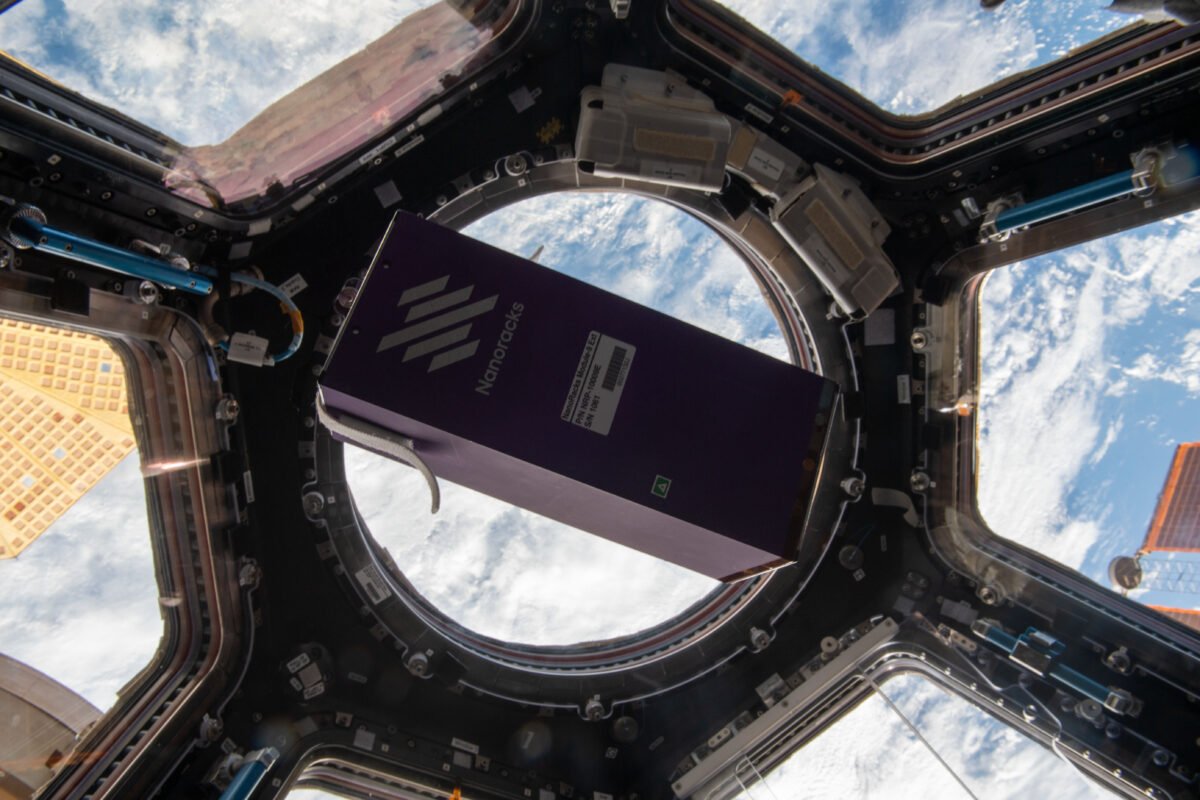Seeds in Space ‘Cosmic crops’ for food security and climate change adaptation
Seeds from the IAEA and FAO laboratories were sent to space on November 7, 2022
The Food and Agriculture Organisation of the United Nations (FAO) and the International Atomic Energy Agency (IAEA) held an event in Vienna to mark the imminent return to Earth of seeds that were sent into space four months ago.
Seeds from the IAEA and FAO laboratories belonging to the Arabidopsis and Sorghum varieties travelled in an uncrewed cargo shuttle from NASA’s Wallops Flight Facility to space on November 7, 2022. While in space, they were exposed to the prevailing conditions — a complex mixture of cosmic radiation, microgravity and extreme temperatures — inside and outside the International Space Station (ISS).
Upon their return, which is expected to happen in early April, scientists at the Joint FAO/IAEA Centre of Nuclear Techniques in Food and Agriculture plan to grow the seeds and screen them for useful traits to better understand space-induced mutations and identify new varieties.
The ground-breaking experiment aims to develop new crops that can adapt to climate change and help boost global food security. With the world’s population estimated to reach almost 10 billion by 2050, there’s a clear need for innovative solutions through science and technology aimed at producing more food, as well as crops that are more resilient and farming methods that are more sustainable.
The meeting in Vienna, which was designed to inform students, partners and the public about space science and nuclear techniques in plant breeding, saw opening statements from QU Dongyu FAO Director-General and Rafael Mariano Grossi, IAEA Director-General as well as interventions from Kayla Barron, NASA Astronaut who discussed her experience working and carrying out experiments at the ISS.
“This is the science that could have a real impact on people’s lives in the not-too-distant future, by helping us grow stronger crops and feed more people,” the IAEA Director General said. “IAEA and FAO scientists may have already been mutating seeds for 60 years and creating thousands of stronger crops for the world to use, but this is the first time we have experimented with such an exciting field as astrobiology,” said Grossi.
Seeds from the IAEA and FAO laboratories

